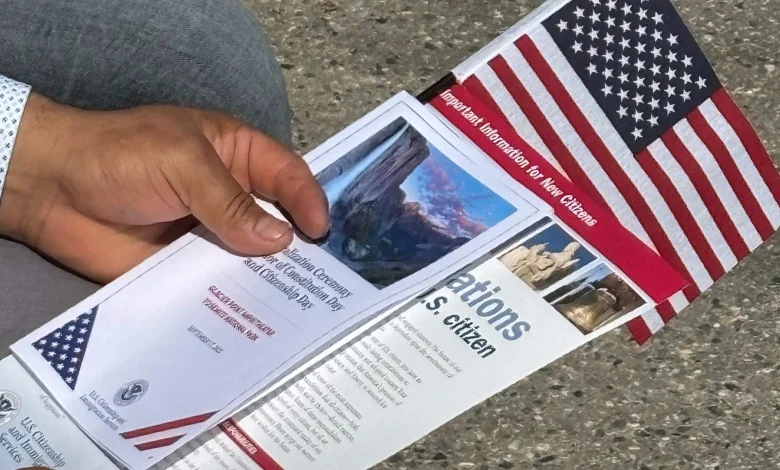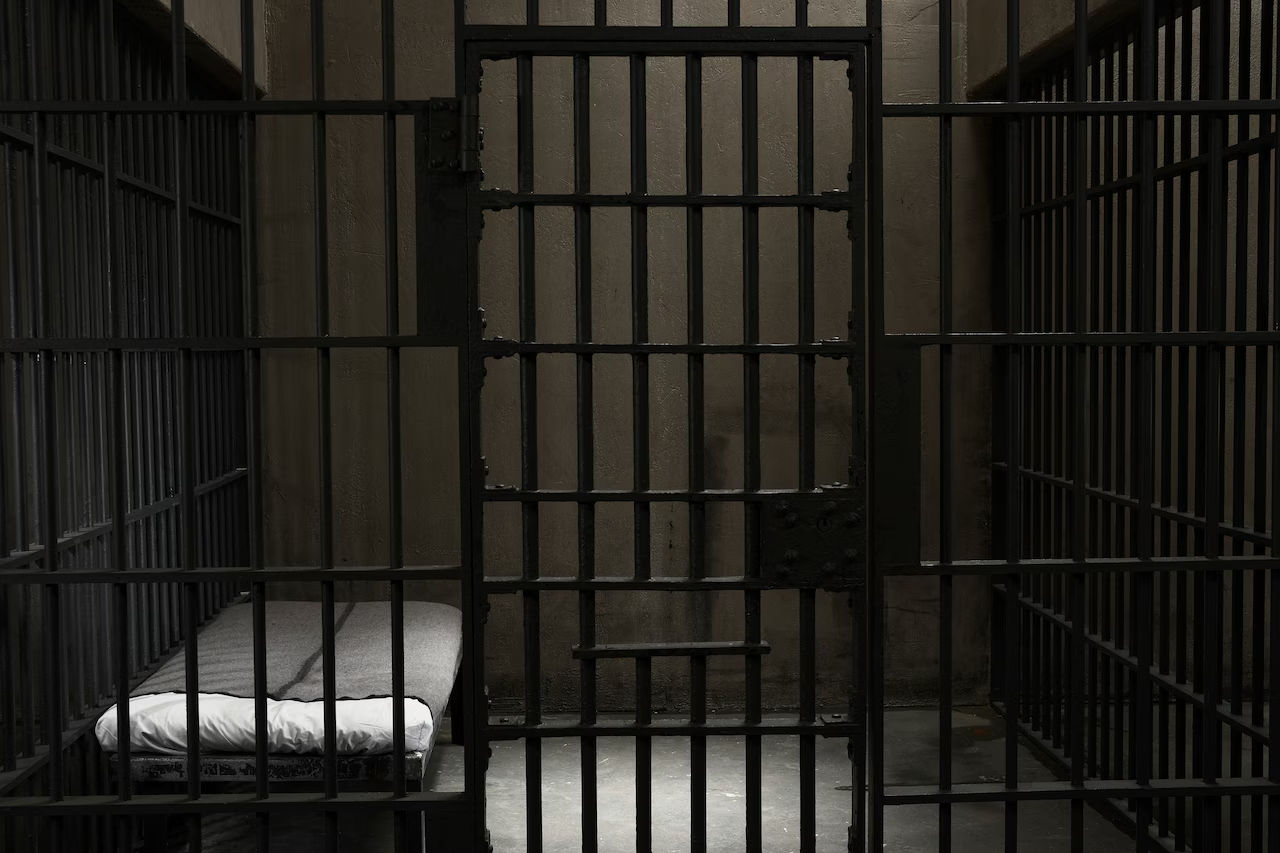Central Valley immigrants rushed to apply for citizenship to avoid new civics test

A surge of Central Valley immigrants filed naturalization applications this fall so they could meet a deadline to avoid taking a new, tougher civics test that now has twice as many questions, according to pro-immigrant organizations.
Official application data for September and October have not been released, but some Central Valley advocates who help immigrants file applications say they saw two or three times as many clients as usual in the weeks leading up to Oct. 20, when the new required civics test took effect.
Eleazar Valdez, outreach and workshops coordinator with the non-profit organization Central Valley Immigrant Integration Collaborative (CVIIC), said his staff was overwhelmed in October with appointments for final application reviews with attorneys.
“We wanted to submit as many as we can, so people can still take the old civic exam,” Valdez said.
Passing the citizenship test is a required step in the naturalization application process. It assesses an applicants’ ability to speak, read, write and understand the English language and quizzes their knowledge of U.S. history and government. Applicants who fail one or both test components have a second opportunity to pass both portions of the test.
According to federal immigration officials, the new test better assesses an applicant’s knowledge and understanding of U.S. history and government. The new format was announced Sept. 17.
The new test is considered more difficult by some because the pool of potential questions to study increased to 128 from 100, and the number of questions used on the exam doubled. Also, applicants must now answer 12 questions correctly — instead of six — on the new 20-question, multiple-choice format.
The U.S. Citizenship and Immigration Services posted a Federal Register notice in September announcing the new test, which the agency said is part of President Trump’s executive order to protect the U.S. from foreign terrorists and other national security and public safety threats.
Mario Gonzalez, executive director of Education and Leadership Foundation, said the organization’s immigration services team saw “a notable increase” over the three weeks prior to the Oct. 20 deadline “in the number of appointments and walk-ins looking for assistance with naturalization services.”
Gonzalez said some clients “specifically made references to the Oct. 20 deadline,” showing interest in meeting the deadline so they could take the old test.
Xavier Vazquez, director of immigration services at Centro La Familia, said that the organization also saw a big increase in October of people wanting to file their naturalization application to avoid studying the extra 28 questions.
The USCIS Field Office in downtown Fresno, which covers an eight-county region, received 3,007 Form N-400 naturalization applications during the three months from April 1-June 30, the latest data available. Over that same span, the agency received 46,097 statewide, and 251,467 nationwide.
According to USCIS, the national pass rate was 92.4% in 2022, when the 2008 test was still in effect. More than 88% of all applicants in 2022 passed the test on the first try.
Central Valley immigrants have always worried about passing the citizenship exam, even before the change.
Luis Gama became a naturalized citizen at a Sept. 17 naturalization ceremony at Yosemite National Park, and took the 2008 Naturalization Civics Test, which had only 100 questions to study.
“I was stressing out about the questions. I did it, that is the most important thing,” said Gama, who took the naturalization oath the same day USCIS announced the change to the naturalization civics test.
Related Stories from Fresno Bee
María G. Ortiz-Briones
The Fresno Bee
María G. Ortiz-Briones is a reporter and photographer for McClatchy’s Vida en el Valle publication. She covers issues that impact the Latino community in the Central Valley. She is a regular contributor to La Abeja, The Bee’s free weekly newsletter on Latino issues. | María G. Ortiz-Briones es reportera y fotógrafa de la publicación Vida en el Valle de McClatchy. Ella cubre temas que impactan a la comunidad latina en el Valle Central. Es colaboradora habitual de La Abeja, el boletín semanal gratuito de The Bee sobre temas latinos.
Support my work with a digital subscription





